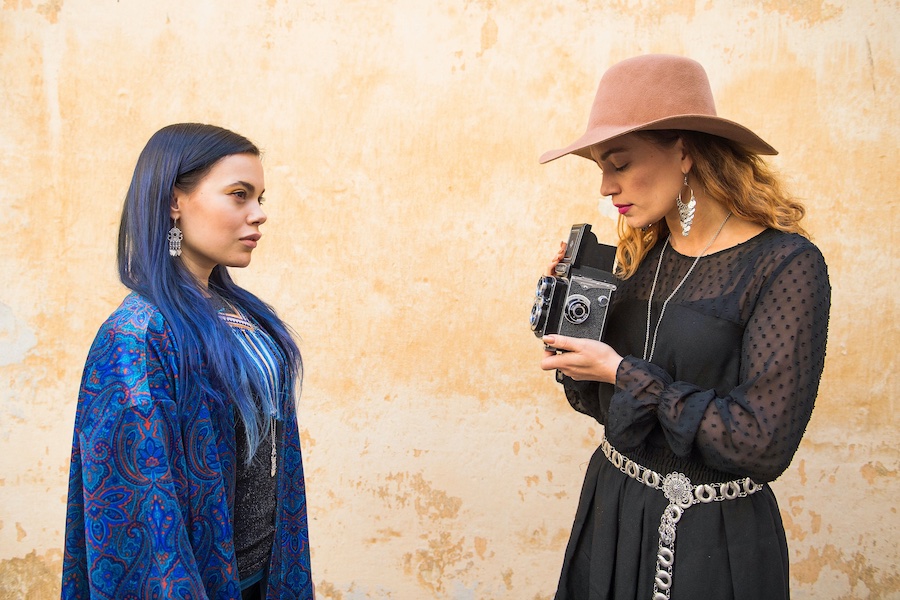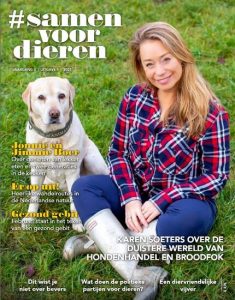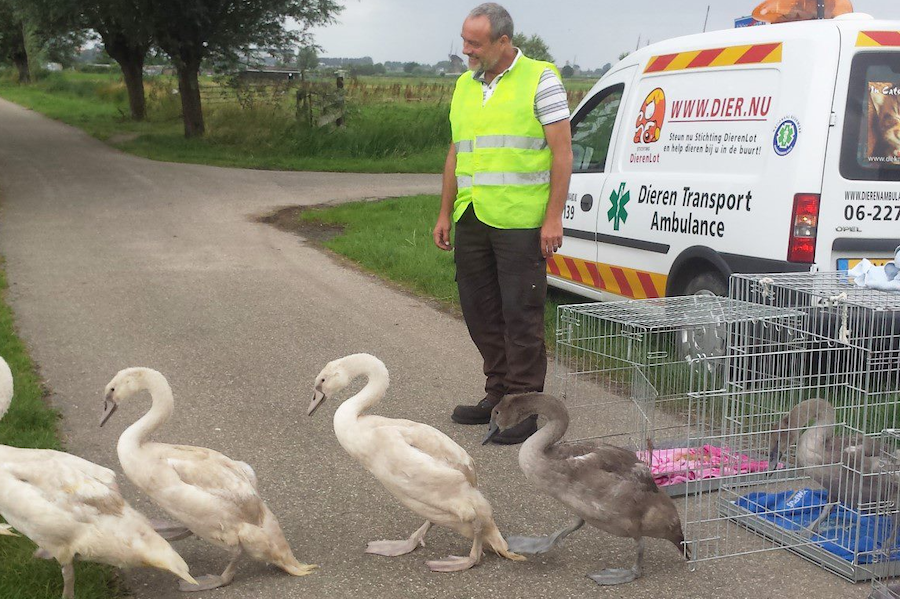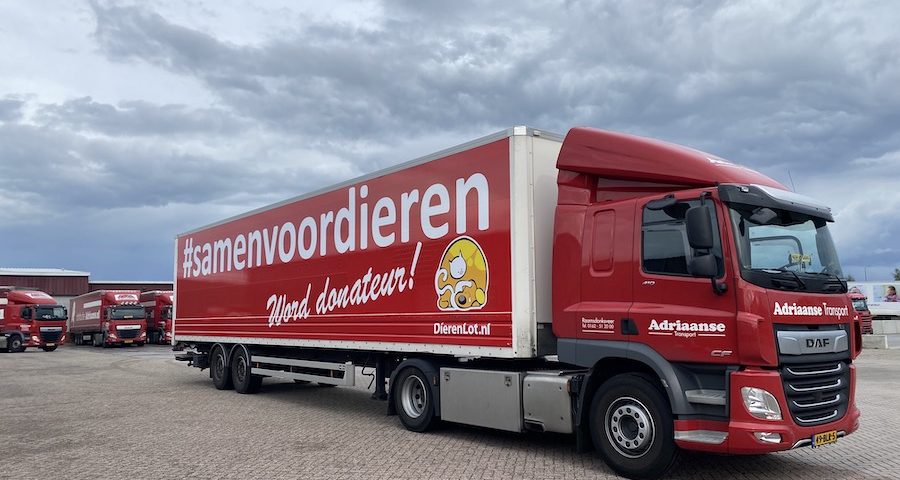
Patrick Gibbels: New rules are on the way for Artificial Intelligence
March 10, 2021
Pinja Hirvilammi: How to approach influencer marketing for fundraising
March 10, 2021Despite a tough year for fundraising in Europe, Dutch animal welfare charity DierenLot grew its income by 33% in 2020. Jan Krol, CEO of DierenLot, tells Fundraising Europe why it’s time to stop looking for the ‘holy grail’, sharing his organisation’s story of fundraising and supporter growth.
[Fundraising Europe] Can you tell us a little about the work of DierenLot and your approach to fundraising?
[Jan Krol] Having started out in 2005 with a focus on animal welfare, DierenLot is a relatively young charity. Since 2013, we’ve really focused our investment and fundraising strategy on growing our supporter base, achieving annual growth of around 20 to 25%. And in many ways, 2020 was no different. We’d already set aside our budget for donor recruitment and fundraising, so we continued with most of our planned activity and it turned out to be a particularly strong year. By the end of 2020, our supporter base had risen by 25% (to 214,000 givers, most of them regular – a huge number for the Netherlands) and income by 33% to € 13.3 million.
What did you do differently in 2020 to achieve such growth?

DierenLot’s Magazine, #samenvoordieren (#together)
The truth is that we didn’t change that much. We made a few tweaks mainly around our messaging, but the main thing was that we didn’t hold back – we continued to invest in fundraising. We found that there were a lot of people who had saved money over the year and they really wanted to put it towards a good cause. And because our response rates were so good, we actually decided to spend a little extra.
We used a wide range of channels; everything from television (see DierenLot TV programme – Samen Voor Dieren) and radio to outdoor advertising, direct mail, door drops of our animal welfare newsletter and social media. While each channel performed well, income from direct mail went sky high. Our newsletter was filled with puzzles to bring together our older audience with younger family members and that was quite popular during corona times. Even our Christmas Challenge raised four times as much as it did in 2019. Legacy donations and gifts in kind increased too.
We’re fortunate of course that we’re not hugely dependent on events. We missed meeting with people face-to-face and giving them the opportunity to see first-hand what we do. This face-to-face contact may not have a big impact on our immediate donation levels, but it’s so important for relationship-building. We put a great deal of focus on our supporters and in growing the number of donors, particularly regular givers.
Why is there such a heavy focus on the size of your support base?
Right from the start, we knew we needed to build a substantial number of supporters. Animal welfare isn’t a particularly popular cause here in the Netherlands, so if we wanted to change things, we’d need a large audience. A lot of donors to support our work and even more voices.
We’re very active on social media – one of the top 5 charities nationally with 400,000 followers – and while we don’t find the channel particularly effective for donor recruitment, it’s been great for building a base of people who are interested in what we do, a place to share stories and to deliver practical advice for supporting birds and animals in the wild and for preventing cruelty.
Having a large supporter base has a huge impact on our income and continued ability to raise funds. But it’s not just about the money. We need to have large numbers of people who support our goals; those who are willing to learn and to make changes to improve the lives of animals and those who will tell their friends about us. This gives us far greater sway, meaning that politicians have to take us seriously. It also makes us less vulnerable of course too.

Why do you think your approach resonates so well with the public?
It’s a combination of things. We don’t ask for a huge amount from our supporters – we ask for a small gift and build loyalty from there. Usually, supporters choose to give more than we ask for, but the main thing is that they join us.
We have several ambassadors for the charity, including the founder of a bird and wildlife sanctuary, a well-known vet who hosts a TV programme and an animal activist, all of whom relate to different supporter groups and this can be really effective.
Ultimately, our fundraising isn’t campaign-led, it’s all part of a consistent long-term strategy to build supporter engagement, updating them on our work and how they can support us. Over the past year, we’ve made some changes to our messaging to communicate the impact of the pandemic on animals and what we were doing to help. But the goal is the same; to get people involved, whether that’s by regular giving, supporting us in their Will, donating animal food and supplies, or volunteering for one of the local organisations in our network.
We work closely with many local animal groups, lending out our ambulances, knowledge-sharing and training up local animal welfare teams through our academy. This is quite unusual and our supporters really like how we share our resources, training and equipment with other animal welfare professionals.
If there was one lesson to share with your peers, what would that be?
The nonprofit sector always seems to be on the lookout for the next big thing – whether that’s direct response, face-to-face or social channels. But there really isn’t one holy grail for fundraising and I think many organisations waste time trying to find it.
Different things work for different charities. It all comes back to the basics of good fundraising – you’ve just got to ask for it, and to do that well. For us, that means taking a multi-channel approach, offering a range of ways to support the charity and really focusing on growing our supporter base. Always test and adapt your fundraising to make sure you know what works and will appeal to supporters.
About Jan Krol

Jan Krol, DierenLot
Jan is CEO of the animal welfare foundation DierenLot with co-founder Peter Helmer. Founded in 2005, DierenLot supports local and regional animal rescue organisations and their volunteers in The Netherlands. Before that (1982-2005), Jan was managing-partner of PSI Direct, an agency that specialised in consumer direct marketing for charity lotteries and charities. He was co-founder and managing-partner (2004-2012) of Vakblad Fondsenwerving, the Dutch magazine and congress on fundraising. He also served in the board of The Resource Alliance as Co-Chair, Vice-Chair and Chair (2007-2014).
Since 2004 he has also been involved in educating fundraisers in The Netherlands, as a business partner of the 3F-Academy that offers courses and workshops to professional fundraisers.




